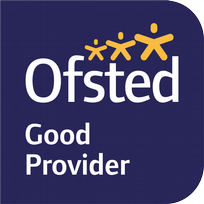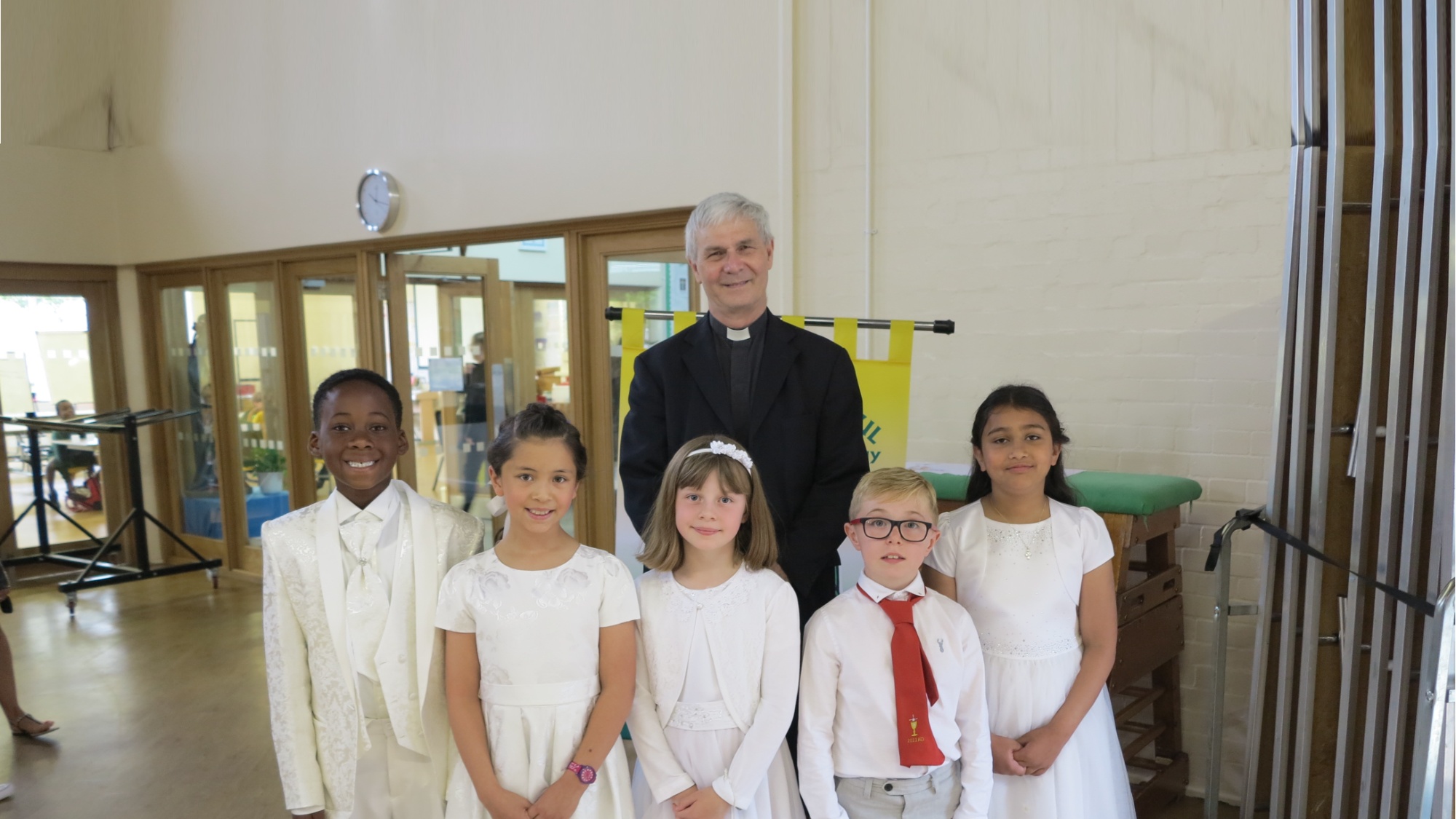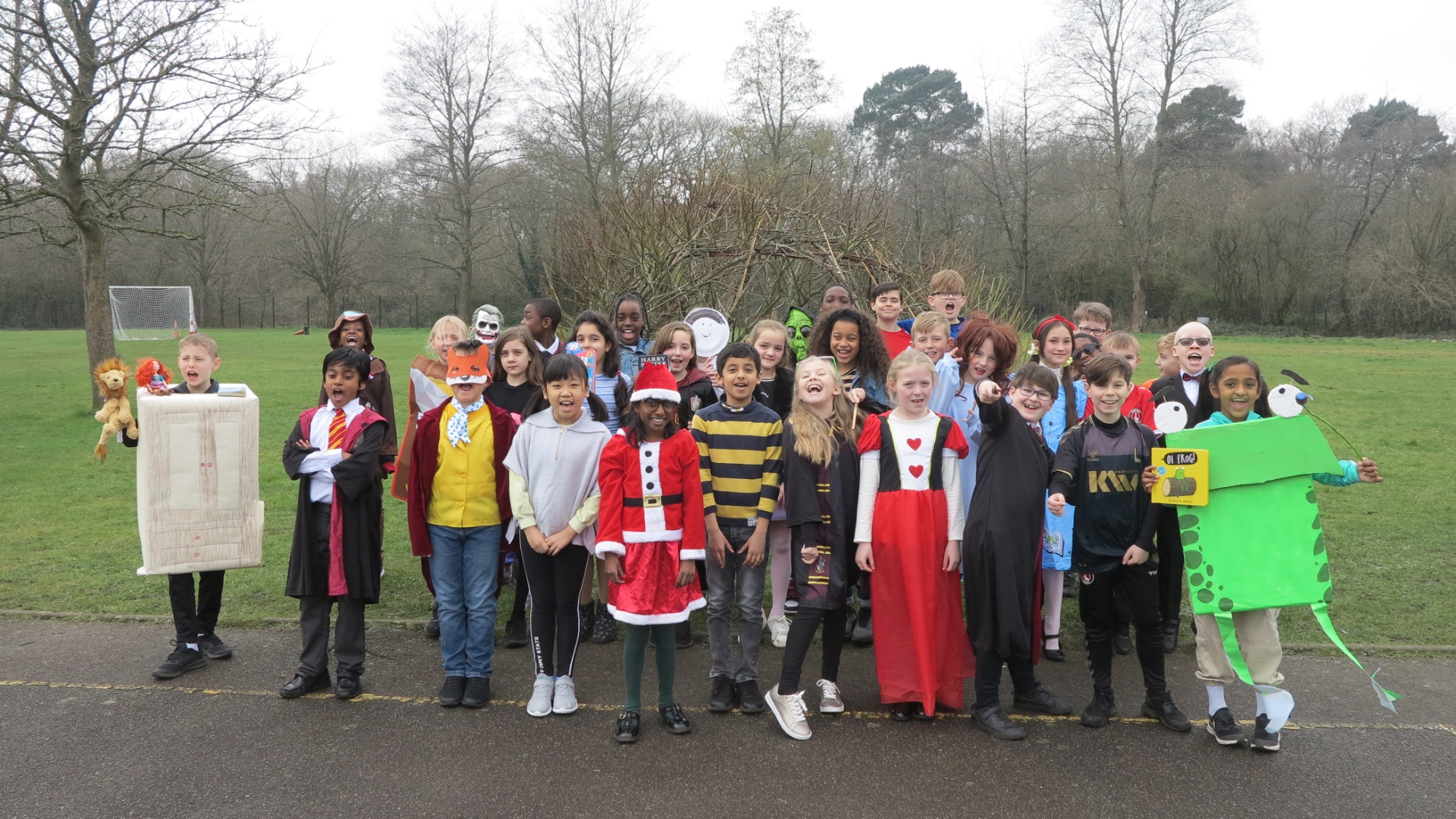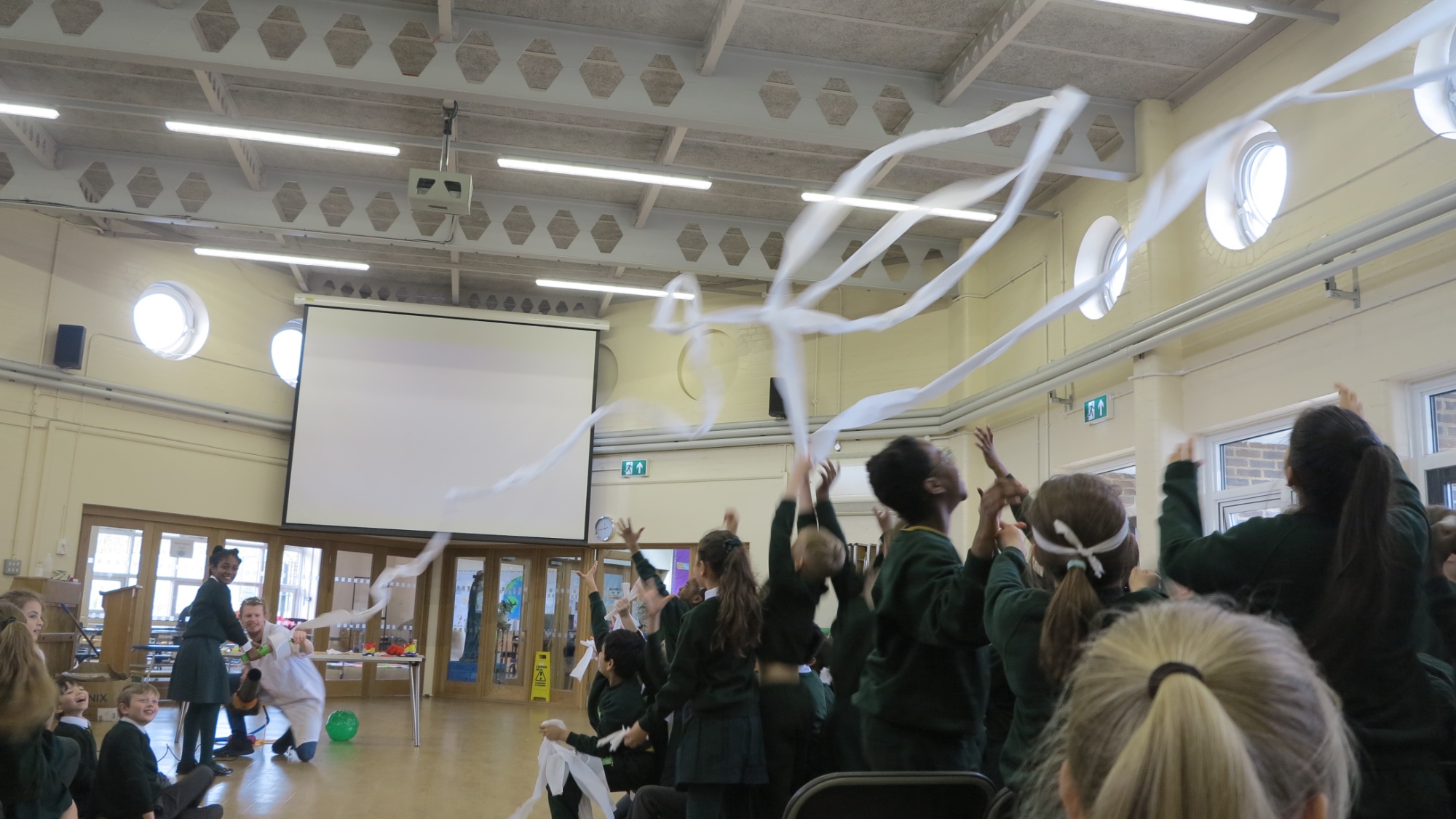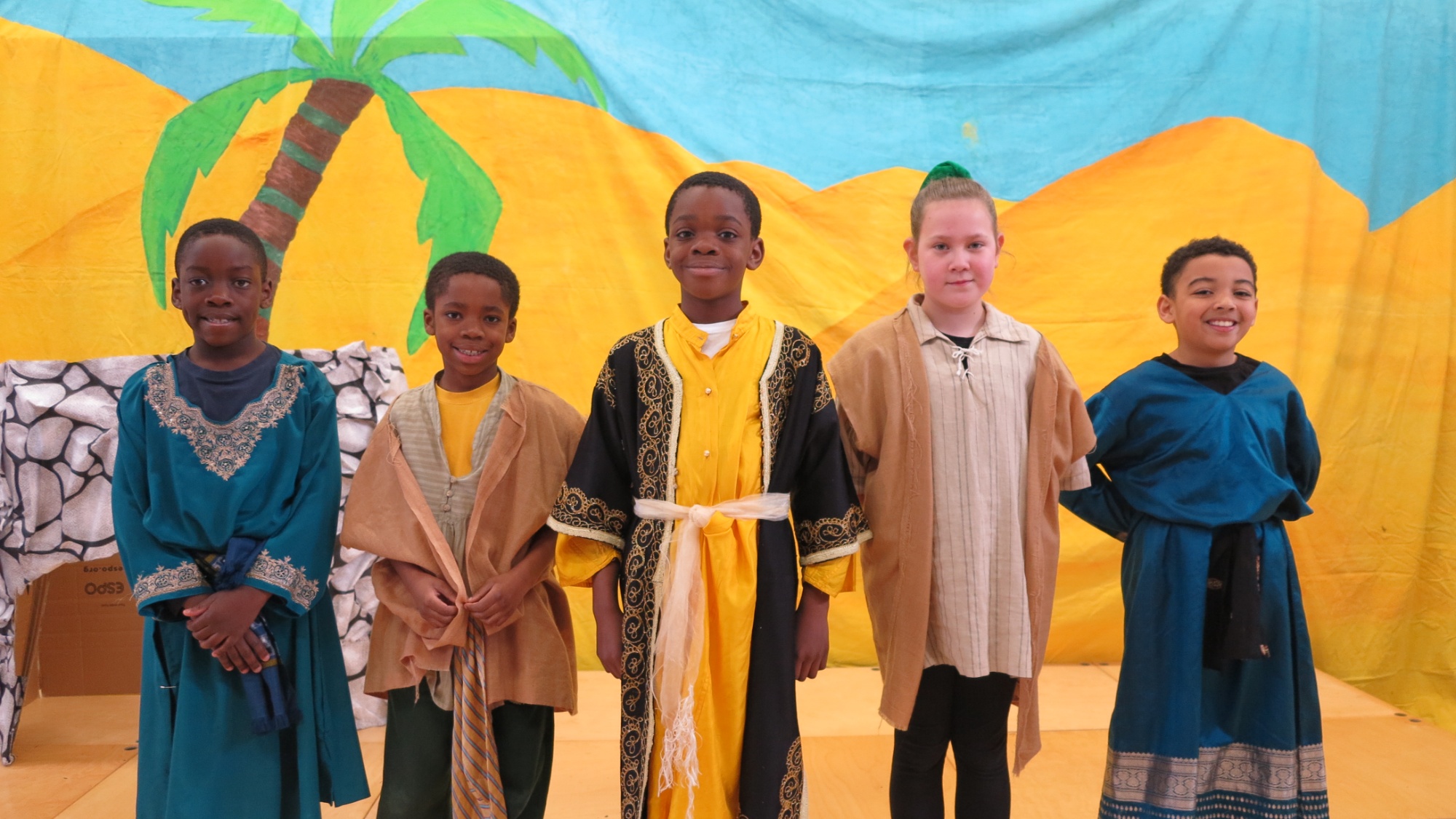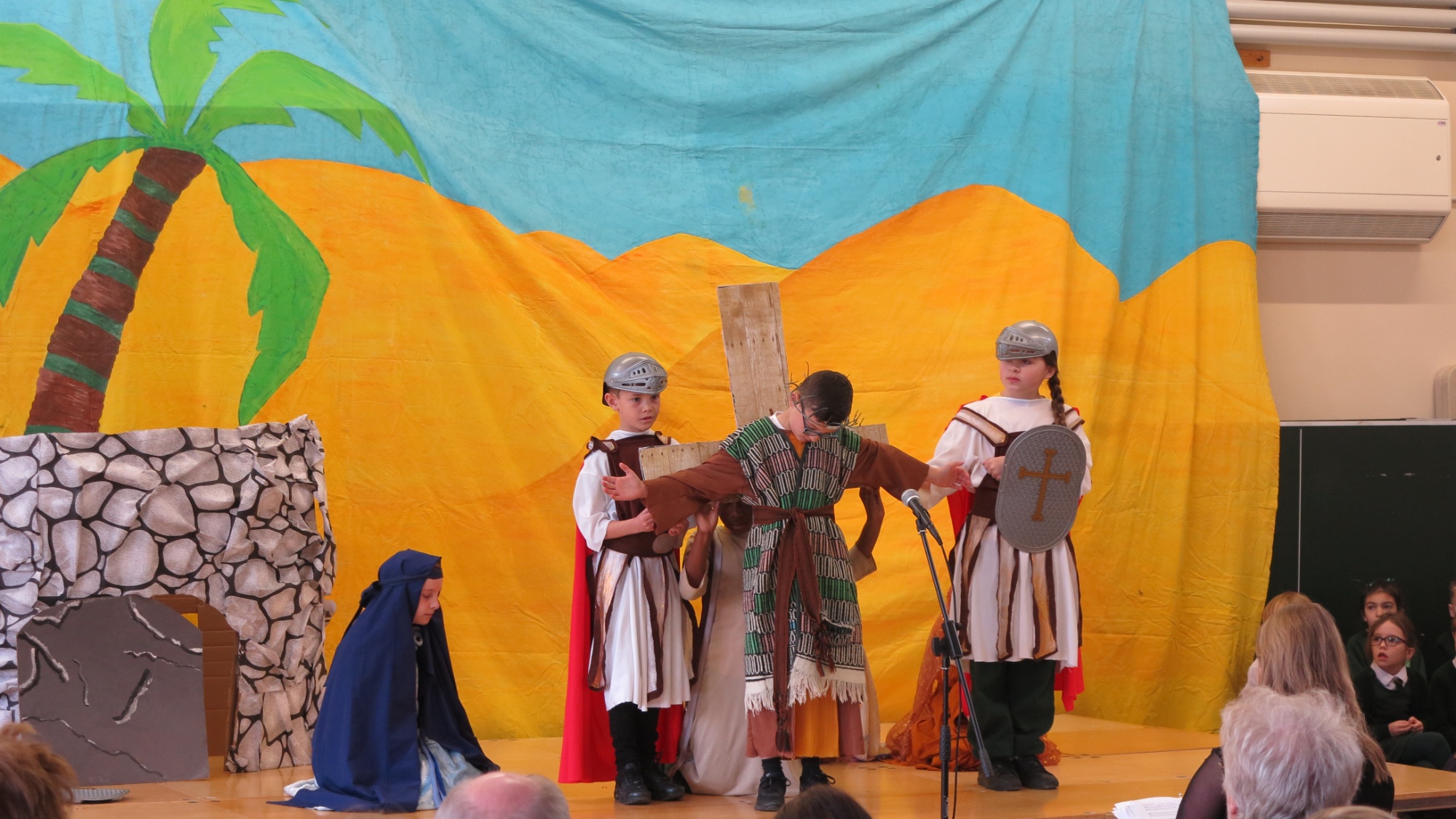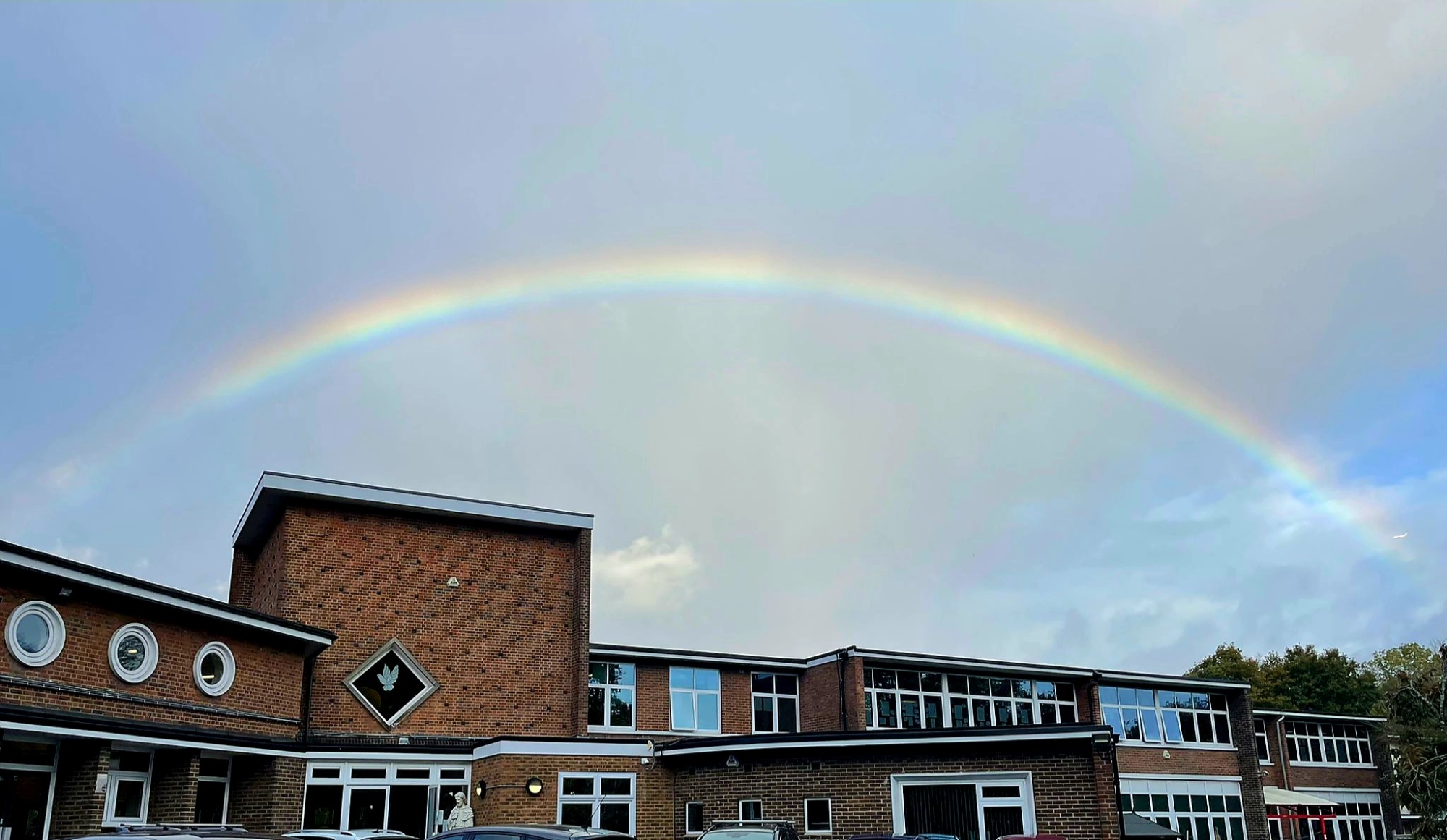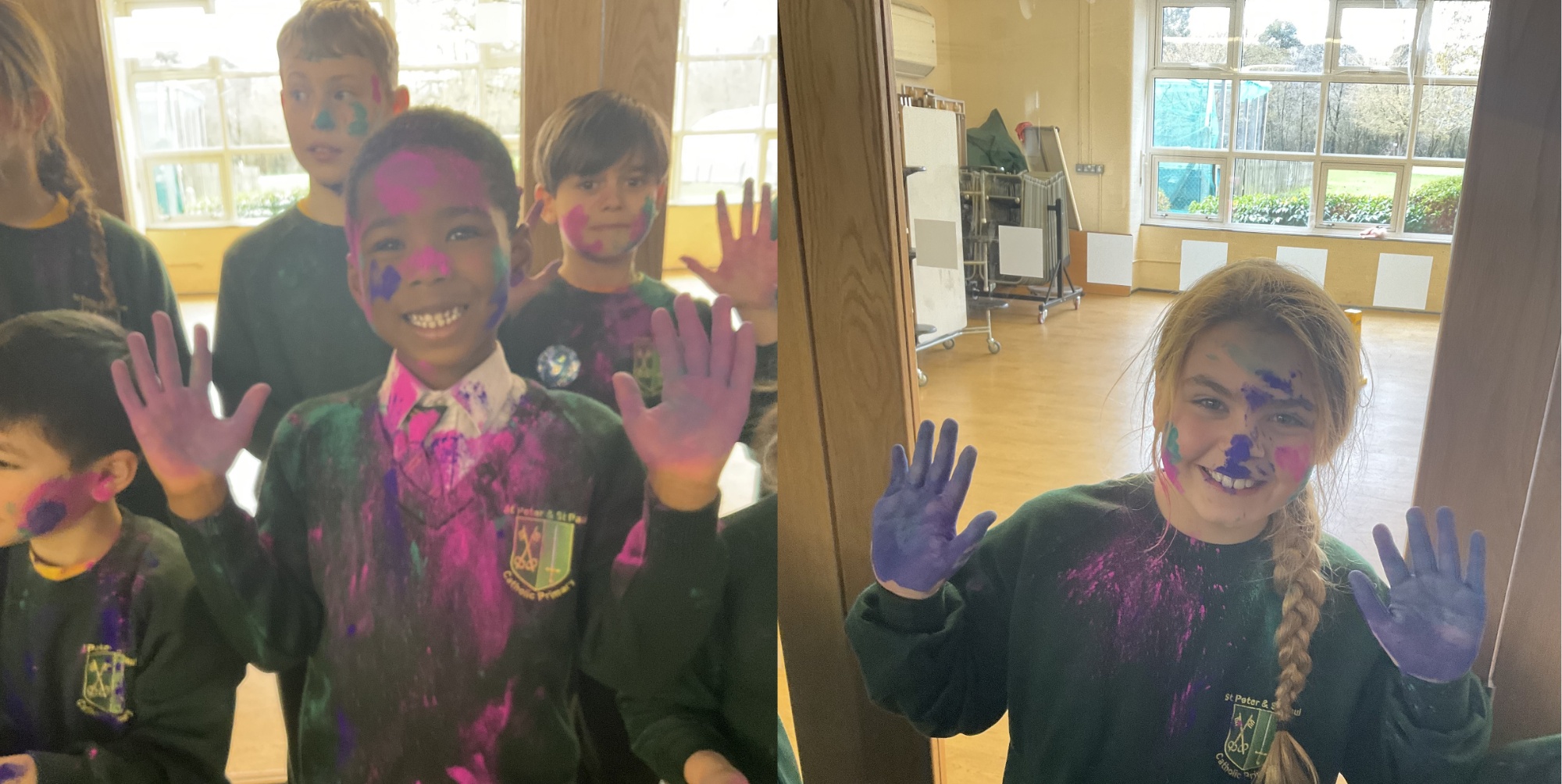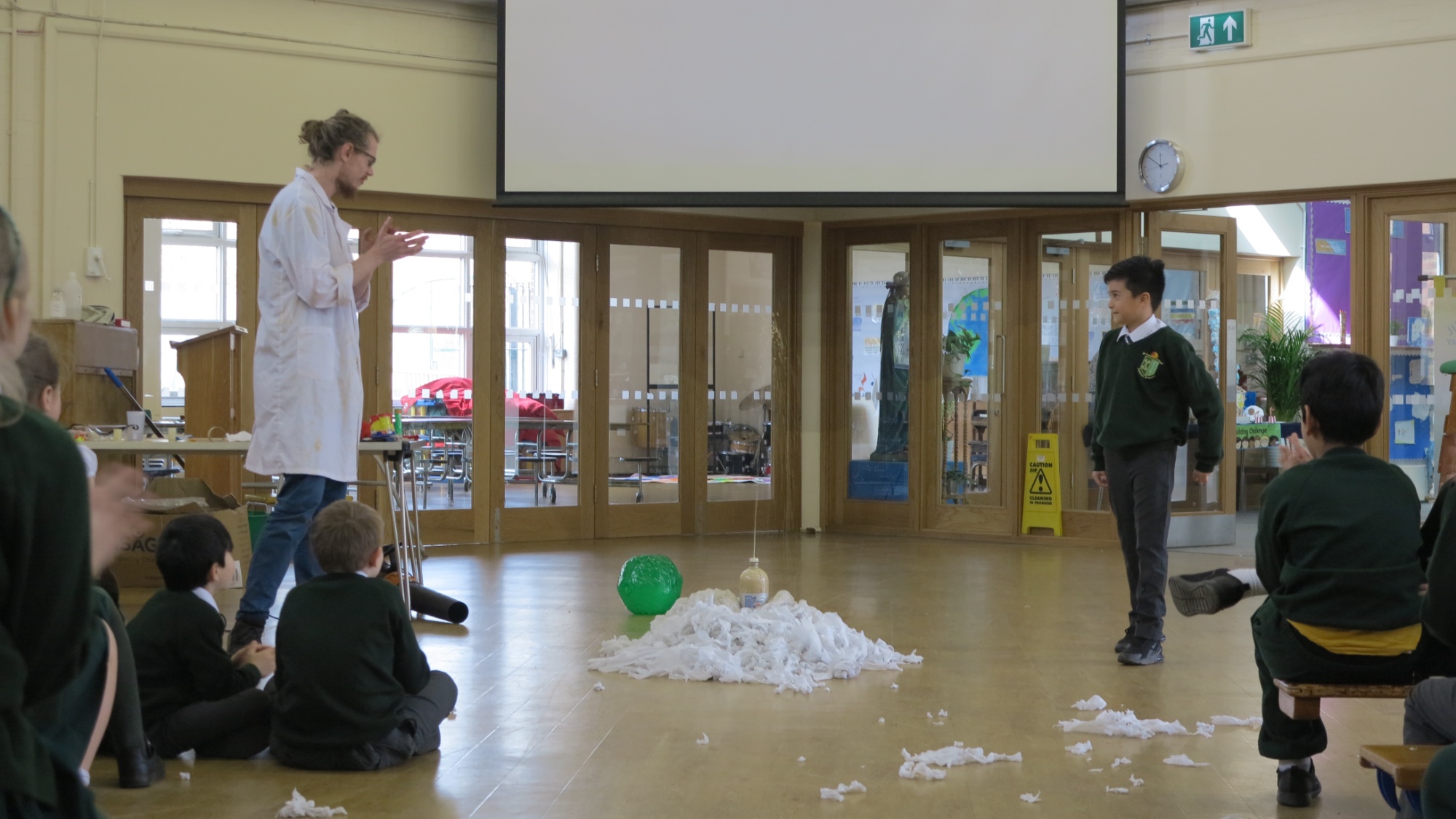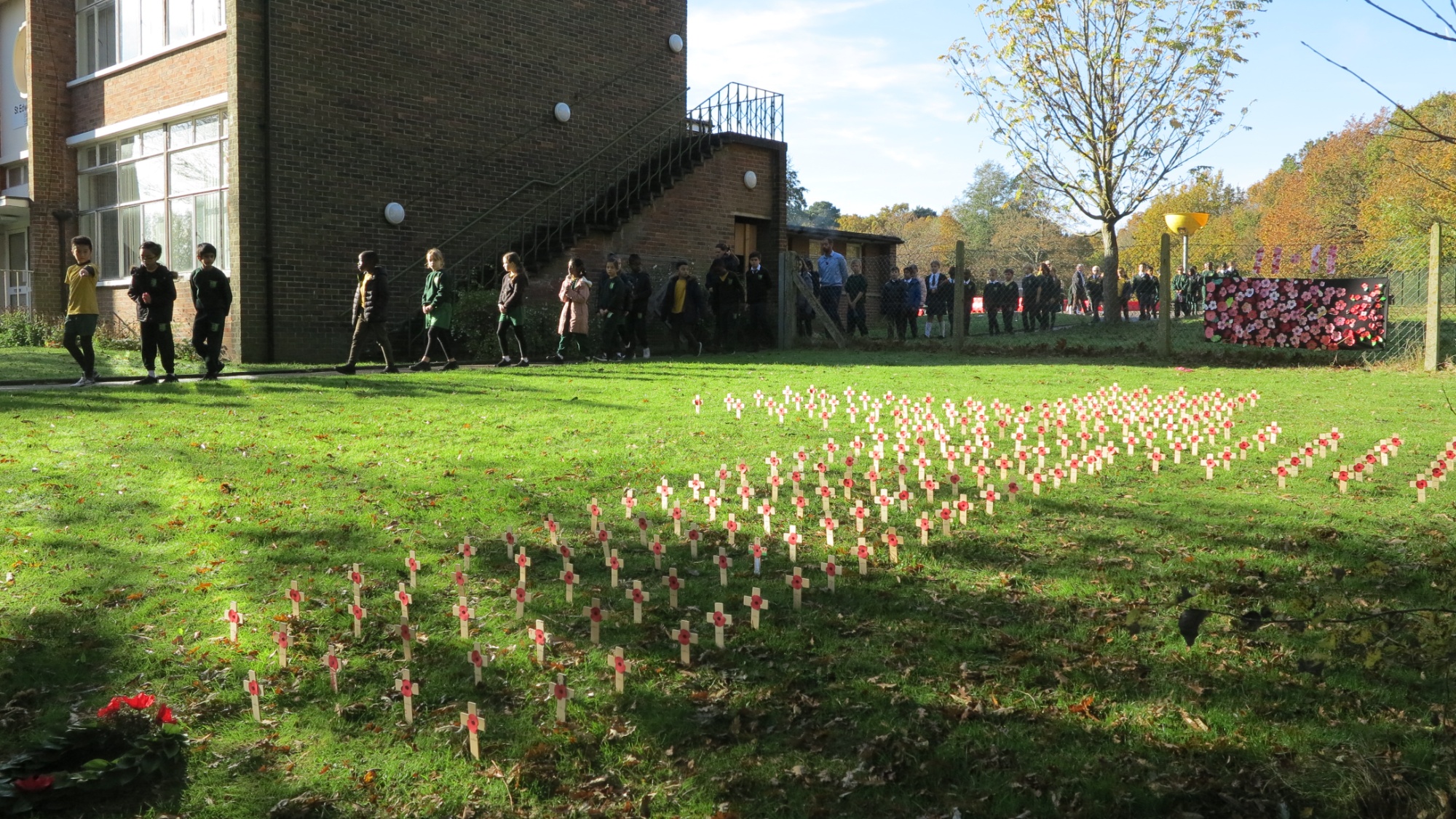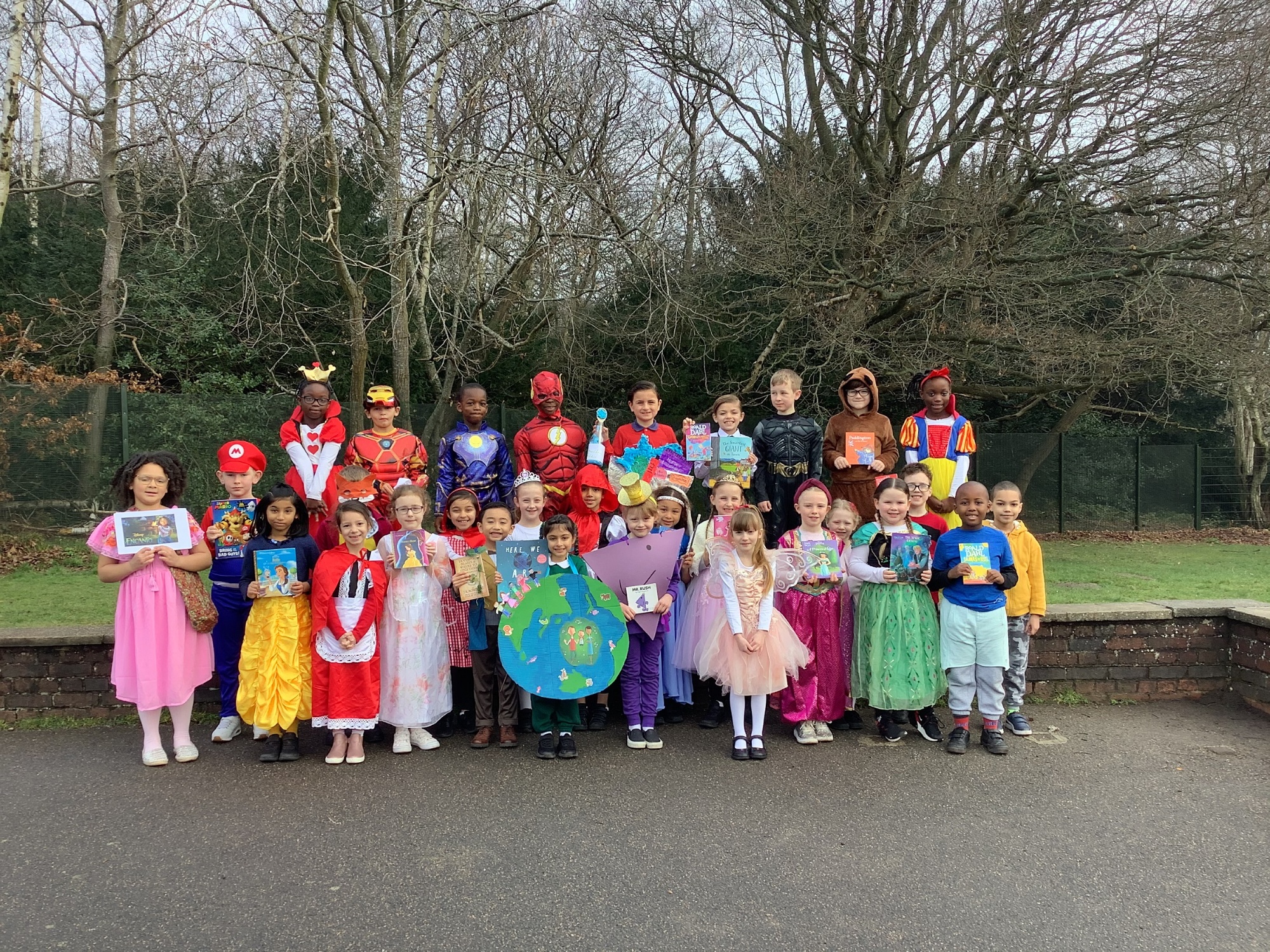Music at St Peter and St Paul Catholic Primary Academy
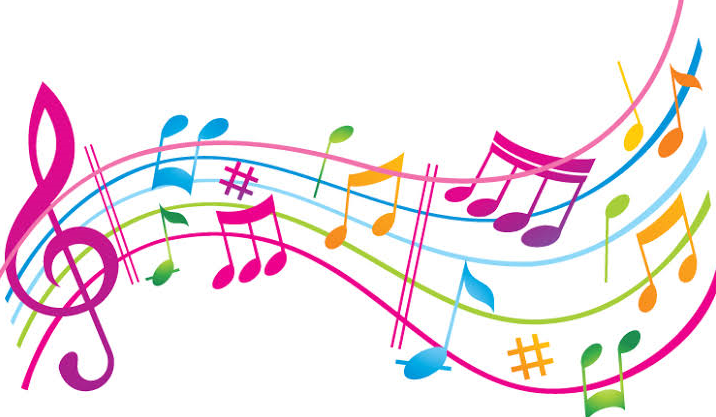
At St. Peter and St. Paul we believe that music plays an important part in our daily lives and is a language that can be understood and appreciated around the world. We strive to encourage pupils to grow as talented musicians and instil a love of music. Through independent and group music making we aim to strengthen the creative skills of pupils as well as improve concentration, self-confidence and self-esteem.
Intent
We aim to give pupils the confidence to listen to, understand and talk about music with confidence. We also want pupils to enjoy their music making and to learn a set of skills to help provide enjoyment throughout their lives. The curriculum aims to teach pupils how to decode the ‘universal language’ of music and to encourage a greater understanding and appreciation. The intention of the curriculum is to equip pupils with a set of musical skills and an understanding of the key inter-related dimensions required to decode the music. From EYFS through to Year 6, the curriculum encourages pupils to explore and understand the key dimensions including pitch, duration, tempo, timbre, texture, structure, and appropriate musical notations.
Implementation
The Academy follows the National Curriculum for Music ensuring the attainment targets are achieved at the end of Key Stages. The music curriculum has been designed to ensure that pupils remember and know more, always building on prior learning and drawing upon key vocabulary.
The music curriculum introduces and develops key musical skills which progress across year group units and Key Stages. Each unit of the curriculum is carefully structured to achieve progression in singing, reading notation, playing, composing, improvising, appreciation, understanding and listening. Although some units focus more heavily on specific inter-related processes (i.e. composing and improvising), music lessons are holistic experiences whereby the key musical skills are intrinsically linked. Wherever possible, music units link closely with classroom topics, ensuring that pupils experience a rich and balanced curriculum and encourage them to make connections with other learning areas.
Across the curriculum we ensure that musical sound is used as the ‘target language’. Singing is adopted across all lessons and music activities, from sung greetings, echo-singing to learning more complex melodies in Choir rehearsals. Immersing pupils in this way aims to strengthen all areas of musical learning, develop aural memory and musical internalisation of all pupils.
Music lessons are carried out weekly for all year groups from EYFS to Year 6, with differentiated learning outcomes provided so that all pupils can achieve. Lessons consist of whole class learning, group work and individual learning enabling pupils to strengthen their ability to compose and perform solo and in ensembles.
Impact
The impact of music teaching and learning across the Academy is measured through formative assessment and end of half term summative assessments. The skills and key inter-related dimensions learned in music curriculum lessons are further strengthened and explored during other musical activities such as Hymn Practice, assemblies and liturgies and extra curricular lessons including the Academy Choir and the Tuned Percussion Group.
The music curriculum ensures that every pupil meets the end of Key Stage 2 attainment levels outlined in the National Curriculum for Music. With their acquired skills to decode music in hand, pupils can move onto Key Stage 3. At the end of Year 6 pupils can move on to their next steps in learning with the foundations of music understanding in place, enabling them to develop further as talented and confident musicians.

